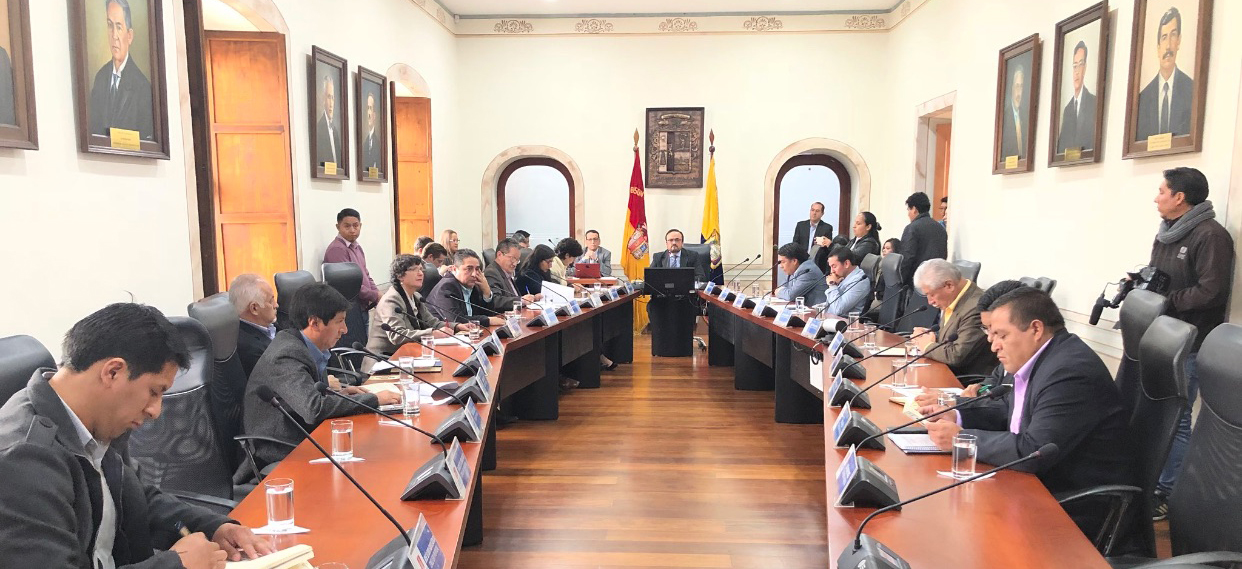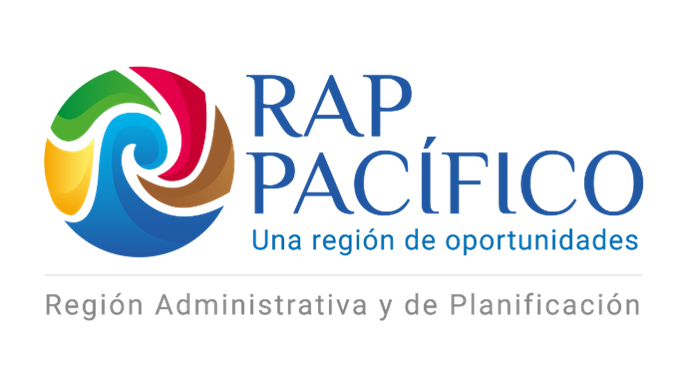Ecuadorian province impulses a tax to guarantee food safety

The Provincial Chamber from Azuay, Ecuador; has approved a tax that redirects the money into the food security politic of the province. Like that, by January 1st, 2019, based in the Ordinance that established the Public Politic and the Regimen Model of Food Sovereignty and Productive Local Development, publics and privates, will pay a 2% of the minimum wage (7.72 USD). At the same time, it establishes that natural and juridical people that commercialize its products and services in Azuay must pay, based on their billing, an oscillatory wage between 9.38 and 1.875 USD.
With this tax, Azuay’s Prefecture aims to raise 19 million USD annually, and obviously it will dedicate it to its program of Crecer in order-to reduce poverty and, in a very special way, children malnutrition. According to a study of 2013, around 135,000 inhabitants of Azuay lived in extreme poverty situations; among those, 20,000 minors suffer from undernourishment.
Some economic and political sectors have doubts on the Provincial Chamber, if it has the competences to impose this tax. The collective Organization, Resistance and Democracy; for example, assures that only the National Assembly could approve it. That way, an appeal was presented against the Ordinance, that the Administrative Tribune of the Contentious didn’t accept.
Facing these positions, the prefect Paul Carrasco admitted that there are some legal voids, but that his ordinance is supported by the Ecuadorian constitution, the universal declaration of human rights, the convention on the children’s rights, the organic law on food security and in the normative of the organic code on territorial ordinance, autonomy and decentralization. The prefect accepted too, to revise some calculus. He affirmed, nonetheless, that the project will go on because “no one can ever be in peace with oneself, knowing that a big part of the infant population isn’t feeding well”.







































































